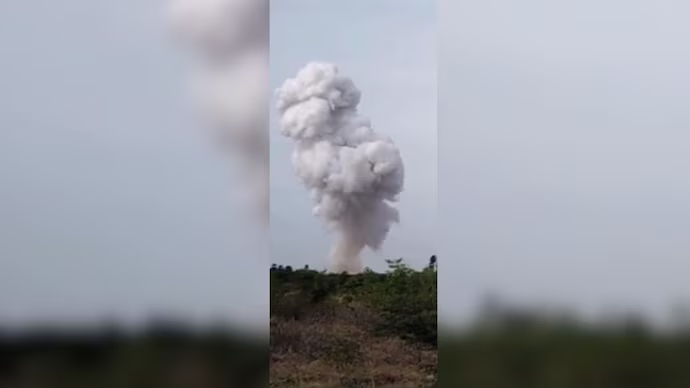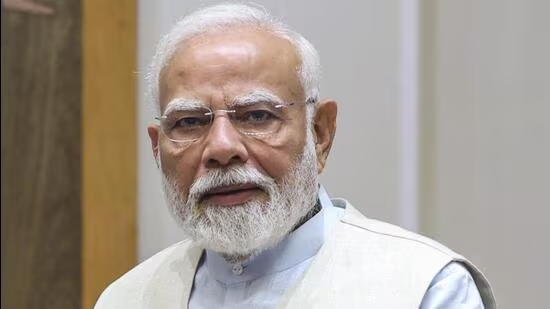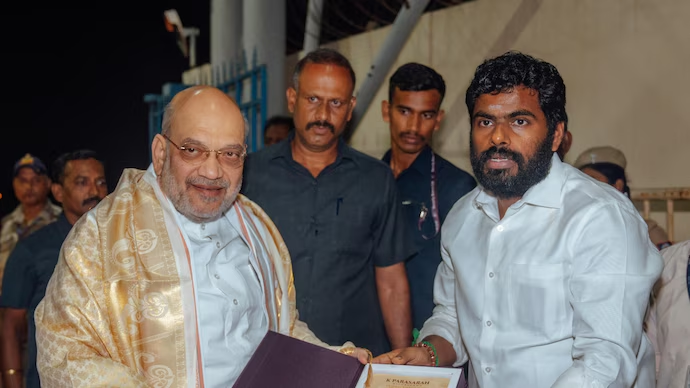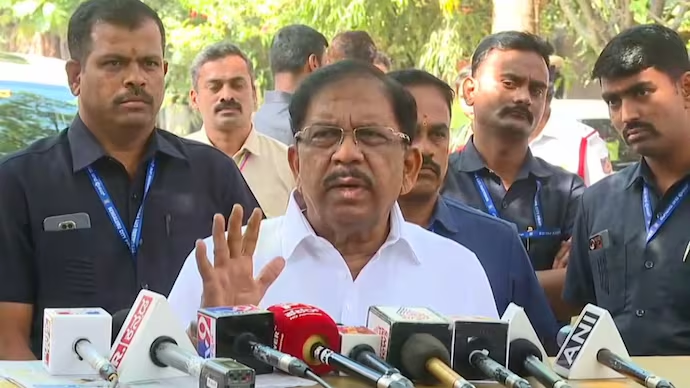Introduction: Understanding the Shifts in India-Bangladesh Relations
The political landscape in Bangladesh has recently undergone a dramatic transformation, leading to significant implications for its diplomatic relations with India. With Sheikh Hasina’s departure from power amid a student-led uprising, New Delhi faces a complex challenge in recalibrating its strategy.
This article delves into the evolving dynamics between India and Bangladesh, exploring the historical context, the fallout of Hasina’s downfall, and the strategic dilemmas facing India.
The Historical Alliance: India and Bangladesh
India and Bangladesh share a historical relationship marked by collaboration and tension. The alliance, dating back to the 1971 Liberation War, has seen periods of mutual benefit, particularly during Sheikh Hasina’s tenure. From facilitating economic and security cooperation to granting India access to critical resources, Hasina’s leadership aligned closely with Indian interests.
Sheikh Hasina’s Impact on India-Bangladesh Relations
Under Sheikh Hasina, Bangladesh became a crucial ally for India in South Asia. Her administration facilitated various agreements that were beneficial for both countries. However, this close alignment also led to accusations of Indian interference in Bangladesh’s internal affairs and growing resentment among the Bangladeshi public.
The Fall of Sheikh Hasina: Implications for India
The recent political upheaval in Bangladesh, marked by a student-led uprising, has led to Sheikh Hasina’s resignation and her subsequent refuge in India. This shift has created a diplomatic conundrum for New Delhi. The interim government, led by Nobel laureate Muhammad Yunus, represents a departure from Hasina’s policies and brings a new dynamic to India-Bangladesh relations.
India’s Diplomatic Dilemma: To Extradite or Not?
India’s support for Hasina has left it in a precarious position. The decision to shelter Hasina has been met with criticism from Bangladesh, where there are calls for her extradition. The Indian government faces a delicate balance between maintaining diplomatic relations and addressing the concerns of the interim Bangladeshi government.
Impact on India-Bangladesh Relations and Regional Stability
The evolving situation highlights underlying mistrust between India and Bangladesh. Despite a cooling of anti-India sentiment, the relationship remains strained by historical grievances and recent political developments. India must navigate this complex landscape with a focus on building trust and fostering a balanced relationship.
Strategic Considerations for India
India’s approach to its diplomatic relations with Bangladesh must consider several factors:
Engagement with the Interim Administration: Building a respectful relationship with the new Bangladeshi leadership is crucial for stability.
Addressing Historical Grievances: India should work to resolve issues related to water sharing and trade in a manner that respects Bangladesh’s sovereignty.
Long-term Stability: Ensuring regional stability through thoughtful diplomacy and cooperation is essential for maintaining a positive relationship.
Conclusion:
Moving Forward in India-Bangladesh Relations
The recent political shifts in Bangladesh present both challenges and opportunities for India. As New Delhi navigates the post-uprising landscape, it must balance its strategic interests with respect for Bangladesh’s sovereignty. By fostering a constructive and respectful relationship, India can contribute to regional stability and build a more positive future with its eastern neighbor.































